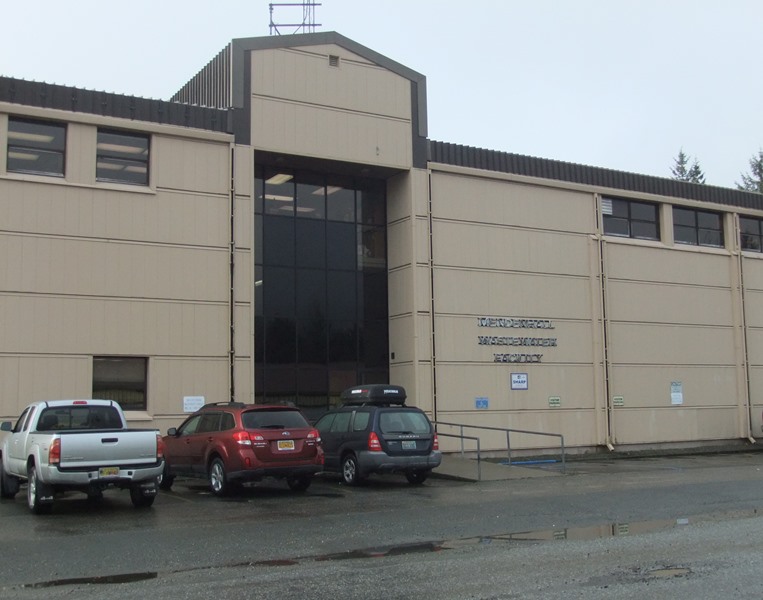
Water and sewer rates are rising again. And the majority on Juneau’s Utility Advisory Board is recommending further increases over the next five years. But there’s dissent over the fairness of the rate structure.
Utility rates in Juneau have been rising steadily for the past 15 years. Understanding why requires a quick history lesson. From the early 1990s the Juneau Assembly kept water and sewer rates frozen for 12 years.
During that time, the system continued to expand. Costs went up, revenues couldn’t keep up. It all came to a head in 2003 when hired consultants delivered a devastating report. The Assembly had to act and rates soared: 19 percent for water and 39 percent for sewer in one year alone.
“That was a shock. But it didn’t cure it,” said Geoff Larson, who sits on a panel created in the wake of public outcry. “The idea of the Utility Advisory Board is it’s a broad cross-section of people, each of us represent maybe different parts of our community and I’m a large commercial user with the Alaskan Brewing Company.”
The advisory board has since endorsed more rate increases. This year marks the fifth year in a row that rates rise with an 8 percent increase going into effect in July. That’ll mean more than $130 per single family home for water and sewer, plus tax.
The Juneau Assembly will review a recommendation to raise sewer rates a further 2.5 percent annually for the next five years.
“The nice thing is that these adjustments are fairly small,” Larson said.
Not everyone on the Utility Advisory Board agrees. Kevin Buckland co-authored an unprecedented minority report urging the Assembly to pause.
“Although it sounds not that large as far as 2.5 percent increase for each of the next five years,” Buckland said, “when you look back to 2015 it really represents over 66 percent increase in rates.”
The minority report also flags what it says are disparities in the rate structure. A single family house is billed far more than apartments and condos. That’s because detached houses aren’t metered. But apartments and condos are, and only pay for the collective water they use.
Buckland crunched some numbers and found the average apartment is billed less than $40 a month.
“If you’re paying less than 30 percent for the same usage, it would seem to me that there’s some inherent unfairness,” Buckland said.
Critics on the advisory board also found fault with commercial rate structure. Businesses are billed at the same rate even though some businesses create more work for treatment facilities than others. For example, restaurants have higher impacts than office buildings. So consultants recommended in 2003 that Juneau go to a cost-of-service model.
“And in the 15 years since then, we’ve made no progress that I’m aware of or can observe,” Buckland said.
Utility experts say breaking businesses into different classes is common.
“Typically, what utilities do is they look at the effect of the waste on their treatment facility and they charge different rates,” said Rebecca Shelton, an authority on wastewater systems with the American Society of Civil Engineers. “There’s different parameters that they can look to determine how it’s going to effect their treatment facility and then charge accordingly.”
Another rate study is in the works. But that’s expected to take about two years. Its findings will help inform the Assembly whether a full five years of increases are necessary, Larson said.
“And when the rate study comes out, we’ll make an adjustment,” Larson said. “If something happens, we’ll make an adjustment. The idea is that this is not a cast-in-stone five-year rate. But in order for staff to plan, they need a reasonable expectation of forecasts of revenue.”
Shelton said Juneau’s challenge in keeping its water and sewer network affordable is a familiar predicament.
“That is a struggle that’s happening all over the country,” Shelton said by phone from metro Atlanta where she oversees a municipal water and sewer system. “Because we have a lot of infrastructure in the ground and people are realizing that it needs to be maintained and they don’t have the funding to do it. So they are not alone.”
The Assembly is expected to review utility rates later this summer. The scope of the rate study and whether it re-examines the community’s rate structure will also be up for debate.
